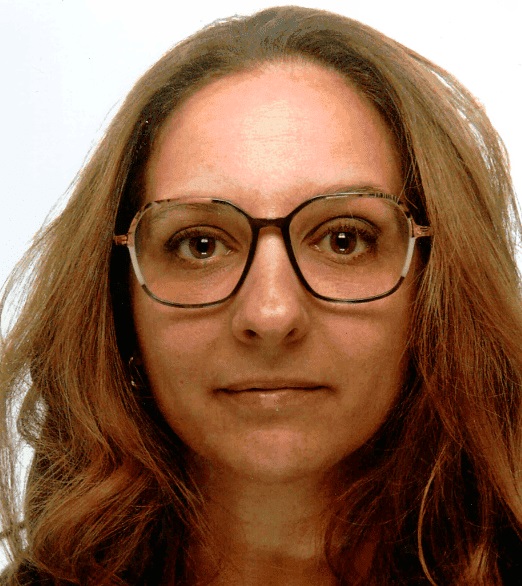EURASHE 2019 - 29th annual conference of the European Association of Institutions in Higher Education - Future Students. Future Universities. Future Jobs. Professional Higher Education in the changing world
Date : du 16-05-2019 au 17-05-2019
Lieu : Budapest
Organisation : European Association of Institutions in Higher Education (EURASHE)
avec le soutien de la Hungarian Rectors’ Conference (MRK)
Programme :
Digitalisation, the race for innovation and the wider use of artificial intelligence are creating uncertainty and challenging our societies as never before. It is expected this will impact on all aspects of the organisation of society – both large communities and individuals, in urban and rural areas – as the buzz-word is smart specialisation of territories.
The challenge for the European leaders of Professional Higher Education is to gain an insight into how citizens will live and work tomorrow. Education plays a key role in addressing global challenges and responding to sustainable development goals. Generation X, Y, Z, millennials as well as older generations: what learning experience do they expect from Higher Education Institutions? What kind of skills will they need to lead successful lives and professional careers? How will Professional Higher Education help provide those skills? Are we definitely moving away from knowledge-oriented curricula and coherent qualifications into an age of transferable skills? How do we re-invent learning and teaching to remain relevant in a world of uncertainty?
While we don’t have all the answers, EURASHE’s 2019 Annual Conference will delve into these questions and attempt to provide insights into how future developments are changing the triangle of knowledge: higher education institutions, the world of work and the new students.
Future students
Education systems are facing increasing pressure to adapt to new realities – because the world of work reflects societal changes; also because it is our responsibility to give access to education to all citizens, including the non-traditional groups of learners.
Student-centred learning is expected; learning analytics is, we are told, the way forward to better know our students, their needs and the programmes that will appeal to them. More flexibility, through the definition of innovative learning pathways will be the only way of meeting the students’ demands for choice and freedom to allow them to participate in a society they want to build.1
And so: will higher education institutions be able to provide answers to the coming challenges and accommodate diverse students’ expectations?
Future Universities
What does a University look like when all learning is seemingly accessible online? When new learning opportunities are offered by new global actors outside of traditional higher education? How should they formulate their strategies and partnerships? More importantly: what is the future role of the teacher – a professional in the field, a mentor, facilitator, psychologist, visionary or all these together?
The world’s global problems demand more cooperation, mutual understanding and new skillsets. How can Higher Education Institutions prepare graduates to stay ahead of global change, to innovate, adapt and reinvent experiences for a future that promises to look very different from today? Flexible learning is inevitable: how can institutions identify new trends, support their staff in implementing successful change while facing the challenge of reduced funding?
Future World of Work
Flexibility, adaptability and the power to innovate are emerging as known professions are disappearing. It is automation and virtualisation versus the emerging professions’ thirst for meta-skills, complex problem solving, critical thinking, creativity, emotional intelligence and mental stability3. In the age of rising technological unemployment, Professional Higher Education must redress inequalities and contribute to the creation of opportunities for people of all ages, social and economic groups.
Regional development, the promotion of SMEs and locally-sourced employment are seen as ways of reducing social and economic exclusion while increasing the quality of life in rural areas. Yet, the digital challenge faced by rural populations is a real barrier to the advent of a fairer society. How can Professional Higher Education support lifelong learning and kick-start nascent rural ecosystems?
Call for contributions – Deadline 31 January 2019
URL : https://www.eurashe.eu/.../
Ressources mises à disposition à l'issue de la manifestation :
• diaporamas : https://drive.google.com/.../1mPDQ8-2E8GfI1rVruIQI-YvvOoCmDK-e?usp=sharing
Les diaporamas des interventions sont mis à disposition depuis le site de la conférence.
mot(s) clé(s) : enseignement supérieur, relation formation - emploi














